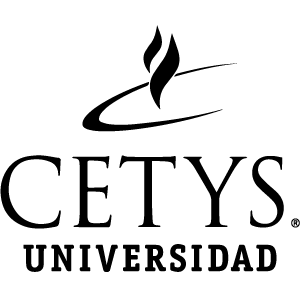https://repositorio.cetys.mx/handle/60000/1472| Campo DC | Valor | Lengua/Idioma |
|---|---|---|
| dc.contributor.author | Flores Anaya, Yadira Zulith | - |
| dc.contributor.author | Sorzano-Rodríguez, Deisy Milena | - |
| dc.contributor.author | Ravina-Ripoll, Rafael | - |
| dc.contributor.author | Galván Vela, Esthela | - |
| dc.date.accessioned | 2022-09-26T17:33:43Z | - |
| dc.date.available | 2022-09-26T17:33:43Z | - |
| dc.date.issued | 2022-09 | - |
| dc.identifier.uri | https://repositorio.cetys.mx/handle/60000/1472 | - |
| dc.description.abstract | Organic coffee growing has positioned itself as a competitive strategic activity in Mexican territory, representing a considerable income alternative for small national producers. However, in recent years despite this context, the country has lost positions, an issue analysed from the use of the method of analysis of Constant Market Share, which symbolises a statistical technique that helps to break down the growth of exports, and thus to study their behaviour, which finally allowed to estimate the index to measure the comparative advantages revealed for agricultural products. The results suggest at a general level that there is an increase in the world demand for organic coffee, which has benefited certain countries, together with the concentration of Mexican coffee exports in the markets that have grown most rapidly. RESUMEN La caficultura orgánica se ha posicionado como una actividad estratégica competitiva en territorio mexicano, representando una importante alternativa de ingresos para los pequeños productores nacionales. Sin embargo, en los últimos años a pesar de este contexto, el país ha perdido posiciones, tema que se analiza a partir de la utilización del método de análisis de Participación de Mercado Constante, que simboliza una técnica estadística que ayuda a descomponer el crecimiento de las exportaciones, y así estudiar su comportamiento, lo que finalmente permitió estimar el índice para medir las ventajas comparativas reveladas para los productos agrícolas. Los resultados sugieren a nivel general que existe un incremento en la demanda mundial de café orgánico, lo que ha beneficiado a ciertos países, aunado a la concentración de las exportaciones mexicanas de café en los mercados que han crecido más rápidamente. | es_ES |
| dc.description.sponsorship | COFFEESCIENCE | es_ES |
| dc.language.iso | en_US | es_ES |
| dc.relation.ispartofseries | vol.17; | - |
| dc.rights | Atribución-NoComercial-CompartirIgual 2.5 México | * |
| dc.rights.uri | http://creativecommons.org/licenses/by-nc-sa/2.5/mx/ | * |
| dc.subject | Organic coffee farming | es_ES |
| dc.subject | Competitiveness | es_ES |
| dc.subject | Mexico | es_ES |
| dc.title | Organic coffee growing as a competitive strategy for Mexico in international trade | es_ES |
| dc.title.alternative | Coffee science | es_ES |
| dc.type | Article | es_ES |
| dc.description.url | http://www.coffeescience.ufla.br/index.php/Coffeescience/article/view/2005 | es_ES |
| dc.identifier.doi | https://doi.org/10.25186/.v17i.2005 | - |
| dc.identifier.indexacion | Otros | es_ES |
| dc.subject.sede | Campus Tijuana | es_ES |
| Aparece en las colecciones: | Artículos de Revistas | |
| Fichero | Descripción | Tamaño | Formato | |
|---|---|---|---|---|
| 13207.pdf | 991.6 kB | Adobe PDF |  Visualizar/Abrir |
Este ítem está protegido por copyright original |
Este ítem está sujeto a una licencia Creative Commons Licencia Creative Commons


